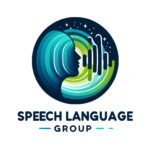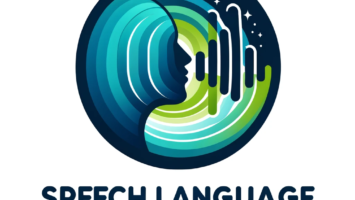Soutenance de thèse – 19/12/2025 – Ahmed Njifenjou
Date: Friday, December 19, at 2 p.m. Lieu: Ada amphitheater at CERI. The defense will be presented in English. Title: Open-Domain Conversational Agents with Transformer-Based Language Models: Toward Multilingualism and Personality The jury will be composed of: – Lina M. Rojas-Barahona , HDR, Orange Innovation, Reviewer – Didier Schwab, Professor, LIG/GETALP, Université de Grenoble, Reviewer – Sophie Rosset, Professor, LISN, Université Paris Saclay, Examiner – David Traum, Professor, ICT, University of Southern California, Examiner – Bassam Jabaian, Associate Professor, LIA, Université d’Avignon, Thesis Co-supervisor – Fabrice Lefèvre, Professor, LIA, Université d’Avignon, Thesis Director Abstract: Open-Domain Dialogue (ODD) systems are conversational agents designed for natural and open-ended human interaction. The proliferation of Conversational AI tools like ChatGPT has recently reshaped user expectations; beyond grammatical correctness, users now demand agents that demonstrate contextual understanding, cultural awareness, distinct personality, factual consistency, and other human-like conversational abilities. Despite the impressive progress, ODD systems development has long faced key limitations including strong linguistic bias towards English and Chinese, and the Open-Domain Paradox (ODP) (Skantze and Doğruöz, 2023), which constrains genuine conversational diversity and openness. This dissertation tackles these challenges by exploring multilingual and personality-centric strategies for building controllable and culturally adaptive ODD systems using Transformer-based Language Models. The research progresses along the following complementary axes. First, we investigate Plus d'infos



